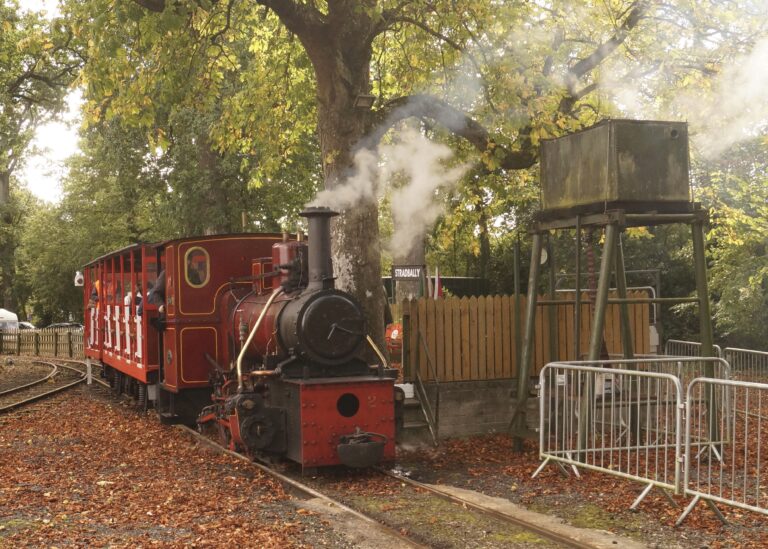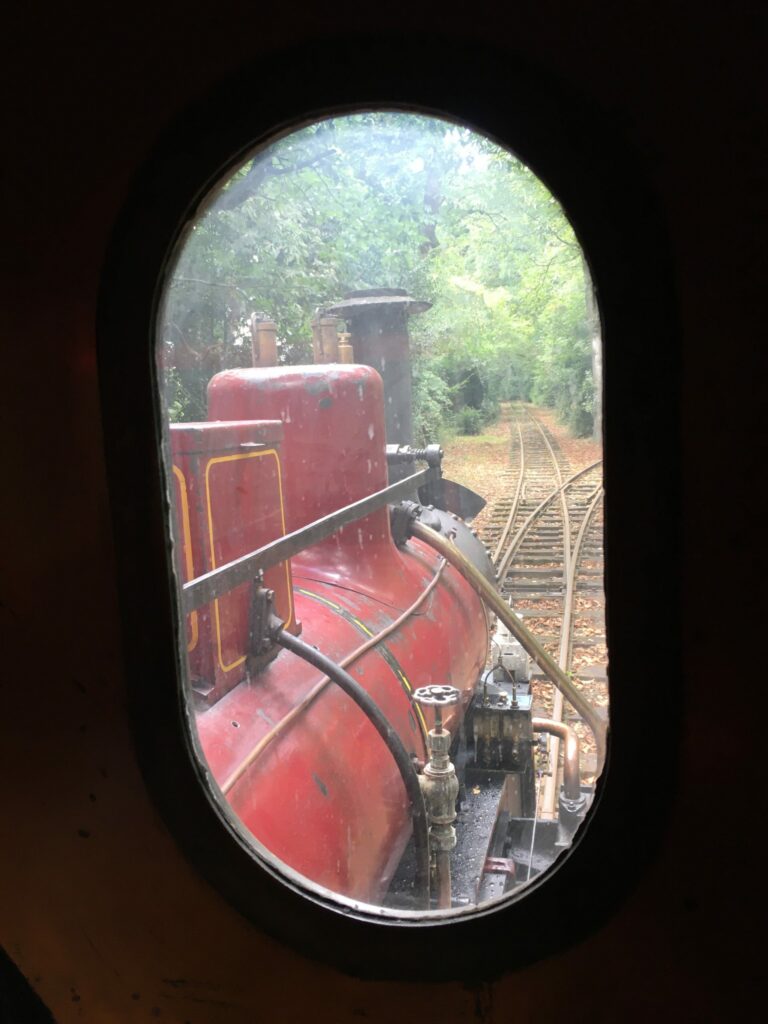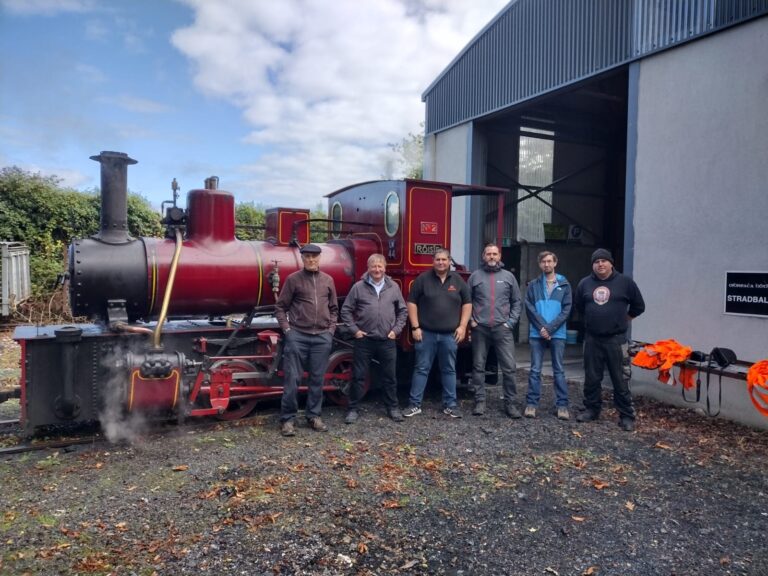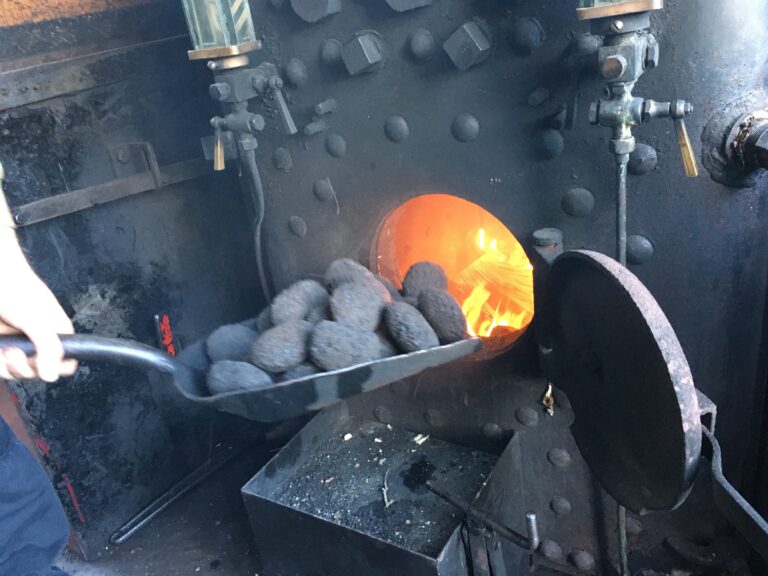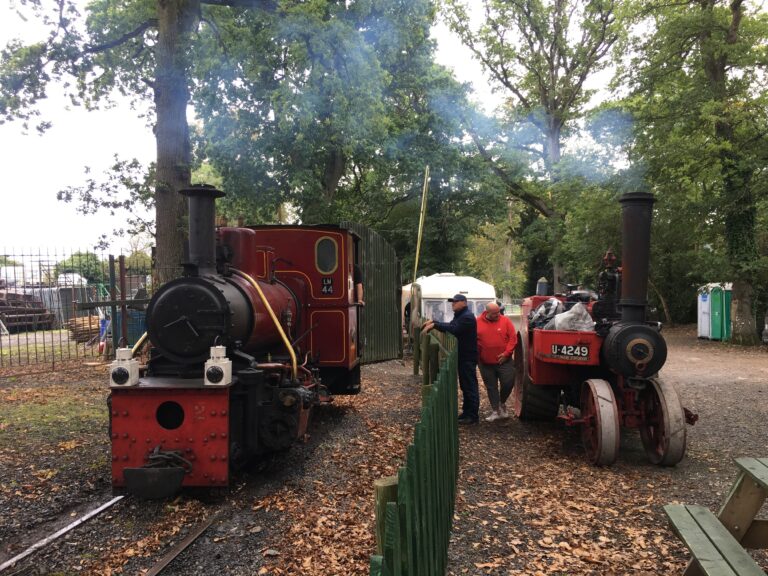Heritage is big business because the tourism industry is big business. Heritage sites have traditionally burned coal, from open fire grates in historic houses to steam locomotives, traction engines and stationary engines. So how can you de-carbonise this important part of the tourism industry and yet keep everything moving along?
Recently the search has been on for a coal substitute that gives similar characteristics to coal but which does not add to the burden of carbon in the atmosphere from the burning of fossil fuels. Fortunately, and for historic reasons (not least the desire to move away from generating electricity from burning peat) Ireland is leading the way in this area.

